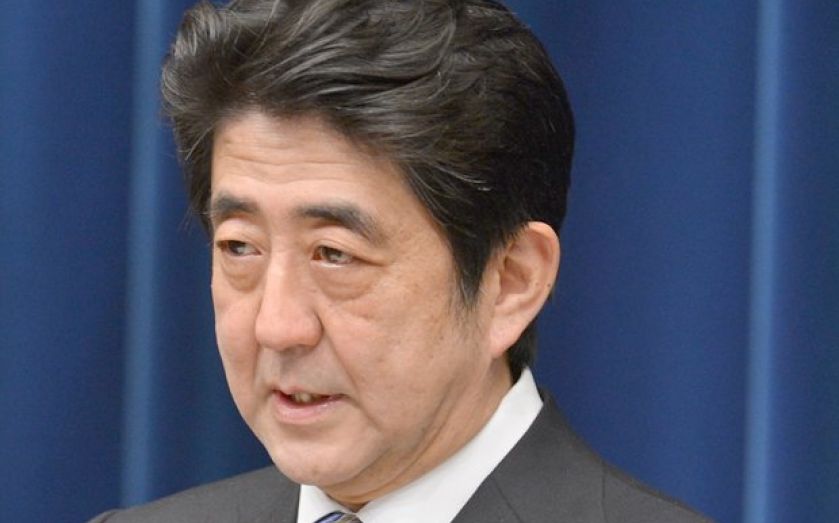New dawn for Japan land prices after 20-year slump

THREE major cities in Japan now have climbing land prices, bucking the deflation that had sent assets back down to values last seen in the 1970s.
Japan’s land prices have collapsed since their peak in 1990, sliding downward every year for more than two decades, and becoming a symbol of Japan’s ongoing challenge with price deflation.
According to the Japan Real Estate Institute, land has collapse back to the same price it was in 1973.
But prices in Tokyo, Osaka and Nagoya climbed slightly in the year to the beginning of July, up by 0.6 per cent, the first rise since the collapse of Lehman Brothers five years ago.
The country as a whole still recorded falling prices, down by 1.9 per cent in the same 12-month period, but the drop was the shallowest since before 2008.
The country’s land prices appeared close to recovery in 2007, when they dipped by only 0.5 per cent, but the effects of the global financial crisis causes progress to be reversed, and by 2009 prices were falling at an annual rate of 4.4 per cent.
A return to rising house prices across the country would likely be seen as a success for Prime Minister Shinzo Abe’s economic programme: Abe and Bank of Japan governor Haruhiko Kuroda have committed to raising the country to a two per cent inflation target.
Japan’s leading economic index for July also ticked up yesterday, rising to 107.9. A result above 100 indicates that economic activity is above levels recorded in 2010.
The country’s all industry activity index also rose in July, with a 0.5 per cent increase from June.
Abe currently intends to increase Japan’s consumption tax in April, raising the level from five per cent to eight per cent, with another increase planned for 2015.
However, the Prime Minister is dogged by memories of the last increase in the sales tax, which came in 1997, and was widely blamed for stalling a nascent economic recovery.